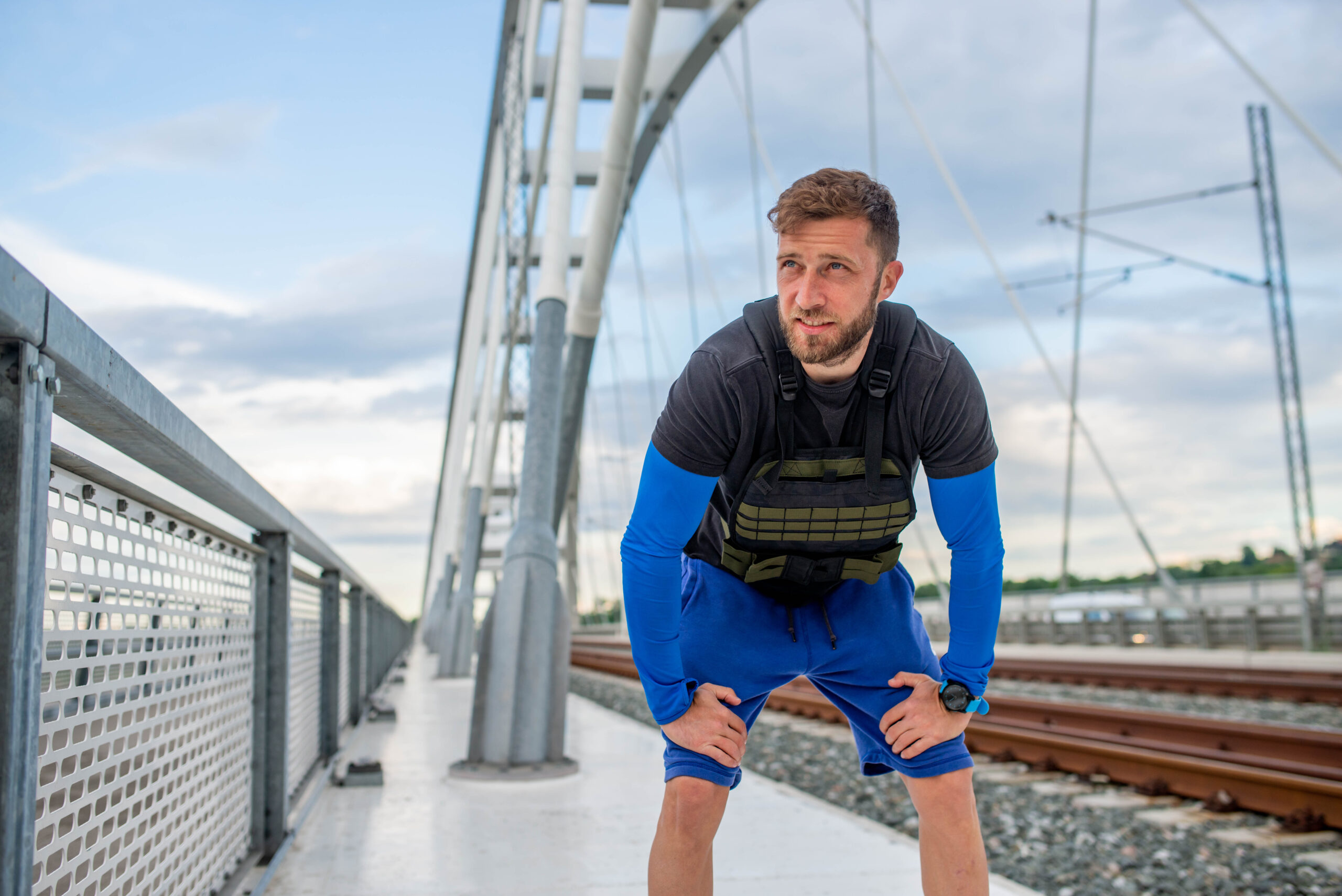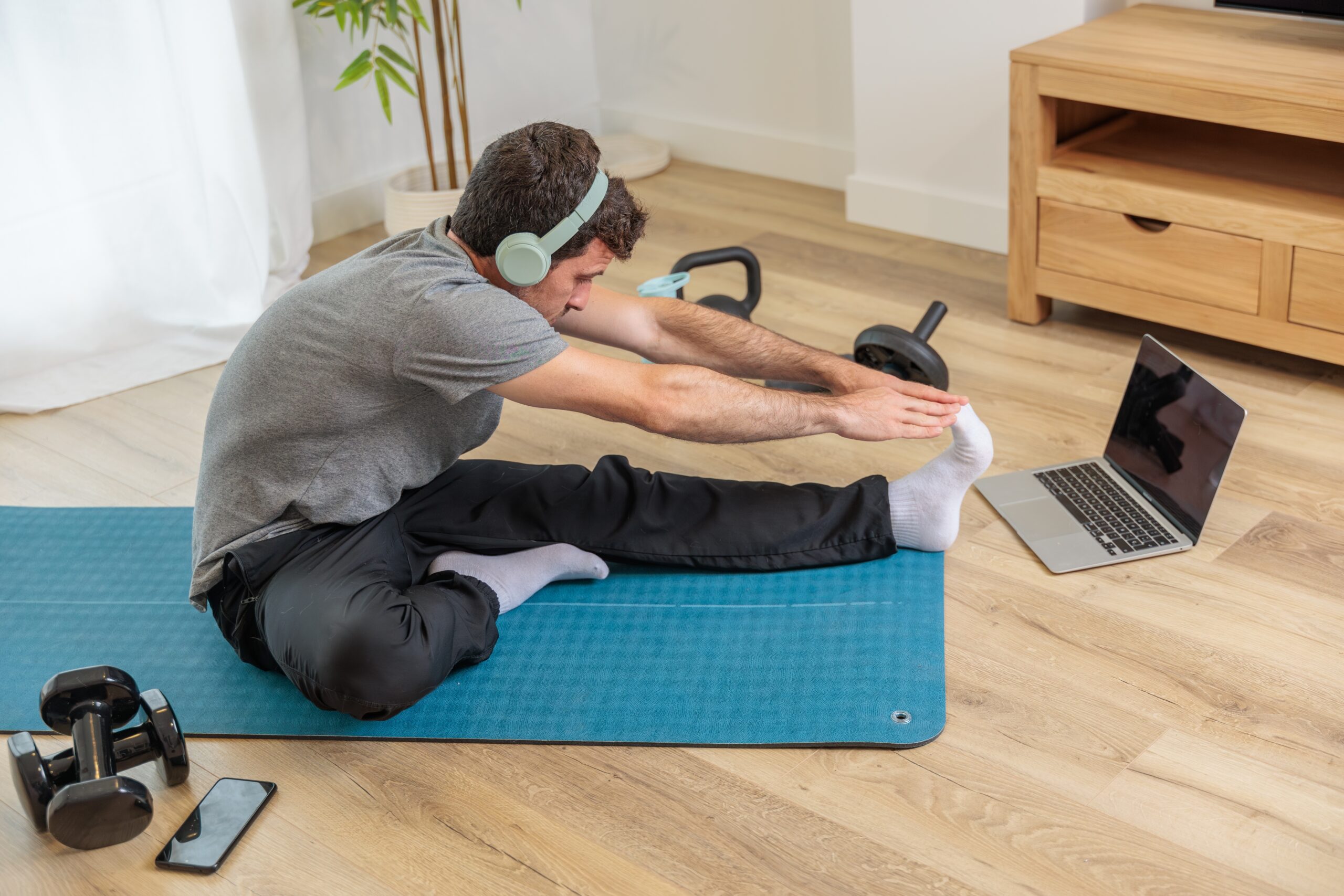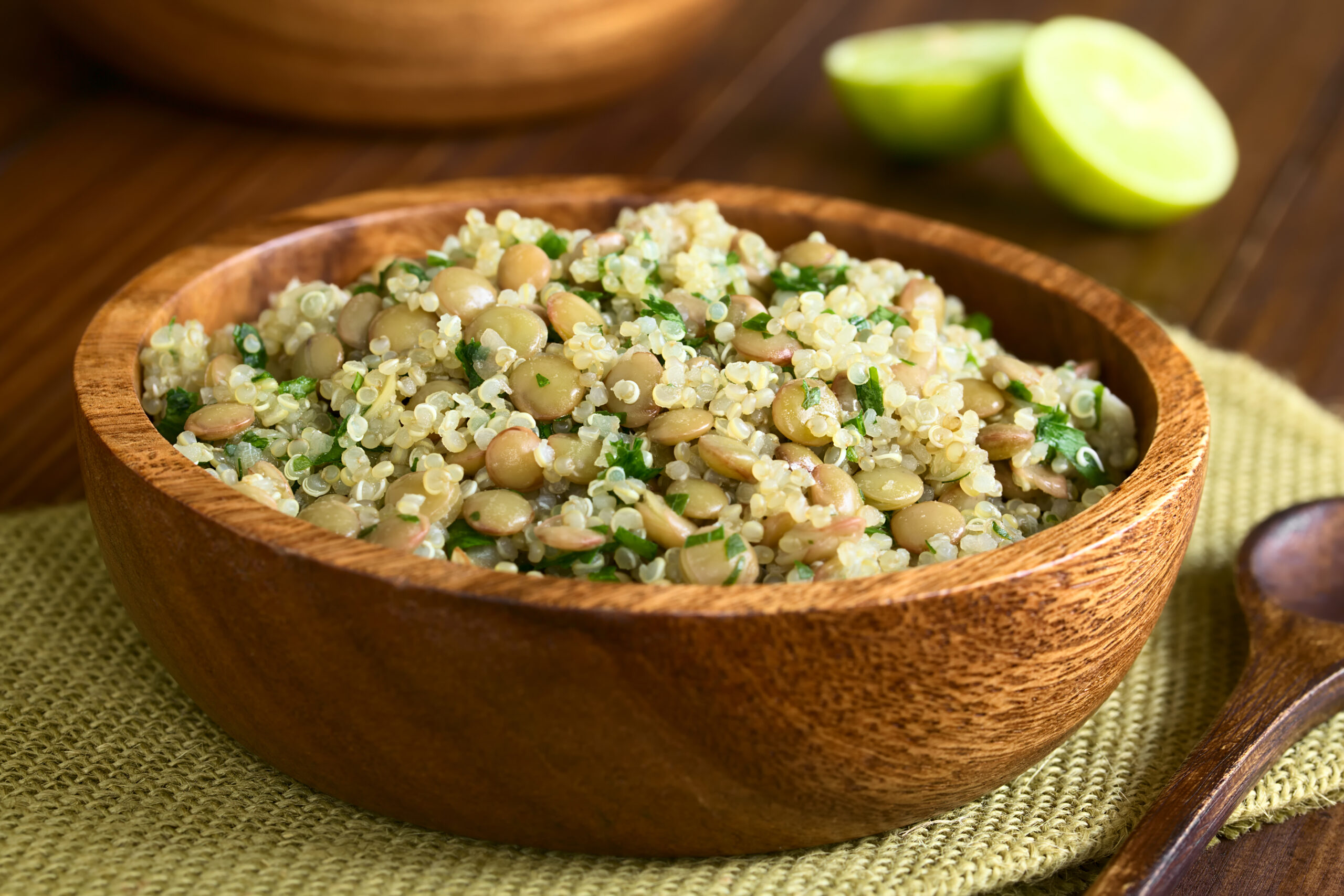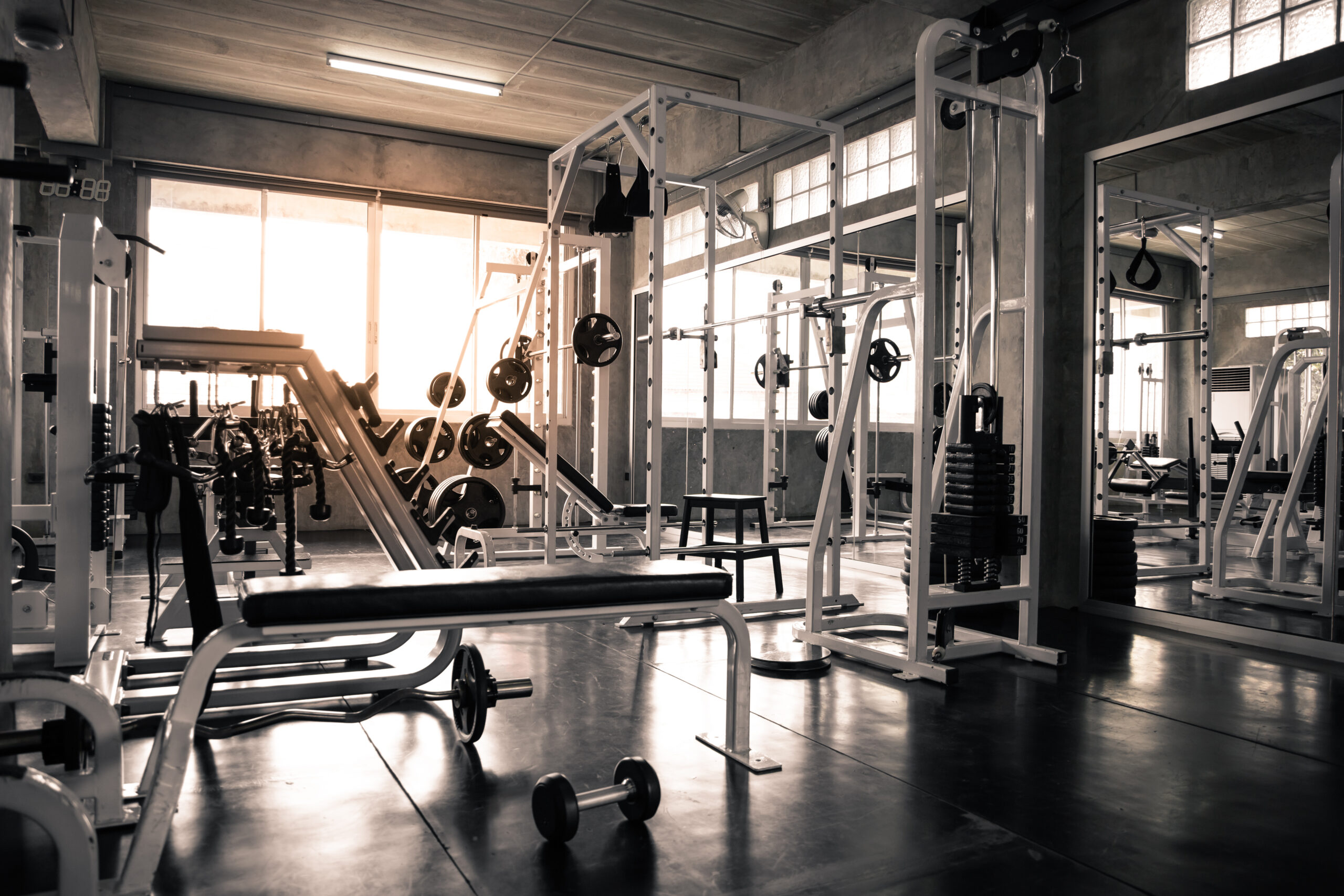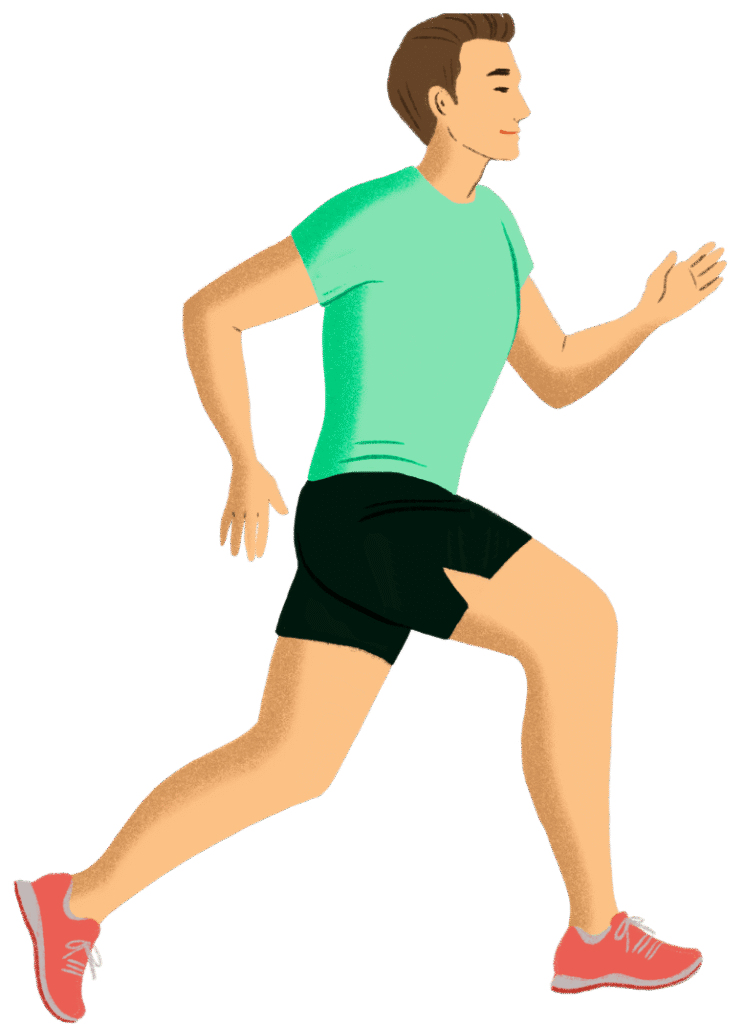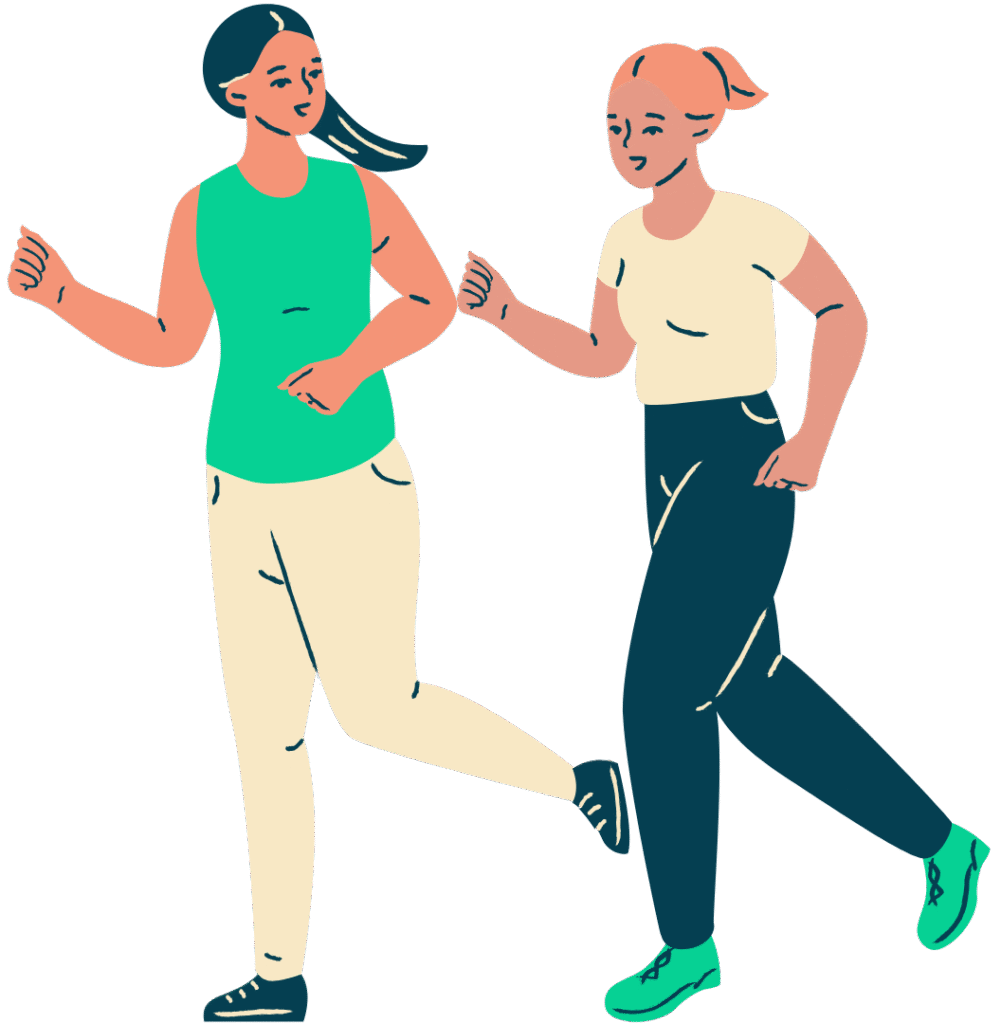If a simple weighted vest could help you keep the pounds off after a diet—without pills, fads, or endless workouts—would you wear one?
Story Snapshot
- New research suggests weighted vests may help older adults maintain weight loss and prevent metabolic slowdown after dieting.
- The study followed participants for two years, directly comparing weighted vest use plus diet versus diet alone.
- Results showed less weight regain and better preservation of resting metabolic rate among vest users.
- The findings could reshape how we think about long-term weight management, especially for older adults battling obesity.
Old Problems, New Solutions: The Weight Regain Dilemma
Every dieter knows the real challenge isn’t losing weight—it’s keeping it off. Most who shed pounds eventually see them creep back, often thanks to the body’s stubborn tendency to burn fewer calories after weight loss. This metabolic slowdown, notorious in weight loss circles, sabotages even the most determined efforts. A new study now asks: What if the missing ingredient isn’t more willpower or stricter diets, but the simple heft of a weighted vest?
Researchers recruited adults aged 65 to 79, each carrying extra pounds and struggling with osteoarthritis, to test a novel strategy. For six months, participants followed a calorie-restricted diet. Half of them also wore a weighted vest for several hours each day, mimicking the feeling of their pre-diet body weight. The goal: trick the body into believing it was heavier, potentially short-circuiting the metabolic compensation that makes keeping weight off so difficult.
Decoding the Gravitostat: Why Added Weight Might Matter
This vest-centric approach draws inspiration from the “gravitostat hypothesis”—the idea that our bodies sense external weight and subtly adjust fat storage in response. Animal studies have hinted at this effect, but human data was scarce until now. By maintaining the sensation of carrying extra weight, researchers theorized the body might resist the urge to regain lost fat. The study’s design allowed a direct comparison: vest-wearers plus diet versus diet alone, tracked over a full two-year period.
Results were telling. Those who wore weighted vests during and after their diet not only regained less weight but also experienced a smaller drop in their resting metabolic rate. In other words, their bodies didn’t slow down calorie burning as much as those who only dieted. These findings suggest that something as low-tech as a weighted vest could quietly undermine the body’s built-in defenses against weight loss, especially in older adults who often see the steepest metabolic declines.
Practical Implications, Skepticism, and the Road Ahead
The implications are tantalizing for anyone frustrated by the boomerang effect of dieting. Weighted vests are inexpensive, low-risk, and don’t require a gym membership. For older adults with obesity and limited mobility, this could be a game changer. But before you run out to buy a vest, the scientific community urges caution. The study was small—just 37 participants—and the results, while promising, need replication in larger, more diverse groups. Not everyone will find daily vest-wearing comfortable or convenient, and it remains unclear how well the approach would work for younger, more active populations.
Commentators like Dr. Peter Attia have praised the study for its creativity and potential, but also note its pilot status. The gravitostat hypothesis, though intriguing, is not universally accepted, and the idea of “tricking” your metabolism with external weights will require more rigorous testing before it becomes mainstream advice. Still, the buzz is building. Health media, fitness professionals, and weight loss groups are already debating whether this low-tech hack could join the arsenal of sustainable obesity interventions.
Sources:
Women’s Health UK: “Why researchers think weighted vests could solve the weight regain problem”
Peter Attia, MD: “Weighted vests for weight-loss maintenance?”

